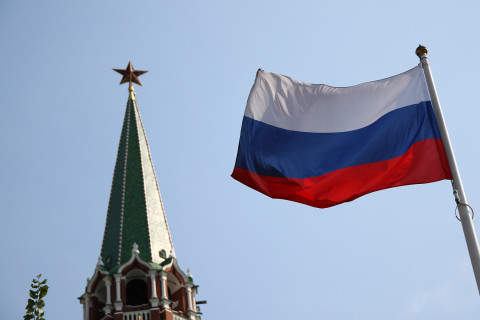The doctoral dissertation in the Human Geography will be examined at the Faculty of Social Sciences and Business Studies at Joensuu Campus and online.
Russianness means contextually varying significance of something being Russian. It can be banal, but notions of Russianness are also often actively rationalised and problematised. The main purpose of this doctoral dissertation is to shed light on how novel technologies and social developments engender new spaces for people to be influenced through and engage in social production of Russianness and the subjectivities related to it in (trans-) national media spaces.
I explore the ways of constructing Russianness in four different case studies from Finnish and Russian language media platforms in the 2010s. These cases include 1) presentation of Western media in Russian television, 2) perception of fear of Russianness in a Finnish border region (North Karelia) newspaper and online forums, 3) notions of Karelianness in popular Russian language online forums and 4) discourses of citizenship-membership in an online forum of Finland’s Russian speakers.
In my approach I have applied critical discourse analysis to examine effectively productive and limiting power of Russianness and supplemented it with online research methods to understand the social contexts in the internet’s social environment. The discursive knowledge of Russianness entailed identification norms for desirable nation-ness and media usership in Russia, belonging for Russian-identifying/associated people outside Russia, security policy guidelines for Russia’s neighbouring countries and everyday life possibilities for people residing close to its border. Russianness was, albeit problematised, a powerful and even self-evident discursive otherness for Westernness, Karelianness and Finnishness. Whereas national subjectification often produced the default points of reference, my research shows how practices of transnational knowledge flows and hybrid self-identification functioned as countering, albeit still territorialising forces to it. Expectations of the relations and responsiveness of imagined audiences to claims about Russianness reflected on the formation of representations of Russia and Russians in the media. Since these representations were understood to have a tendency to be biased, reserved and critical media literacy related to Russianness was generally encouraged in media discourses. Through various positionalities provided by media discourses, the Russianness of a state and people was reasoned to be a contextually contingent matter of emotions and politics. Simultaneously, however, Russianness was implied to be imposingly essential and ‘true’ in terms of historical, legal administrative, geopolitical, banal common knowledge and first-hand experiences that order the state of the world through national differentiation.
The doctoral defence of Teemu Oivo, MSocSc, entitled Reasoning Russian Nation-ness for Transnational Audiences: Extending self, alienating other, constituting order, will be examined at the Faculty of Social Sciences and Business Studies on 17 Dec 2021 at noon in Joensuu Campus, Aurora, AU100. The Opponent will be Professor Tiit Tammaru, University of Tartu, and the Custos will be Docent Paul Fryer, University of Eastern Finland. Language of the public defence is English. The event will be streamed live.
